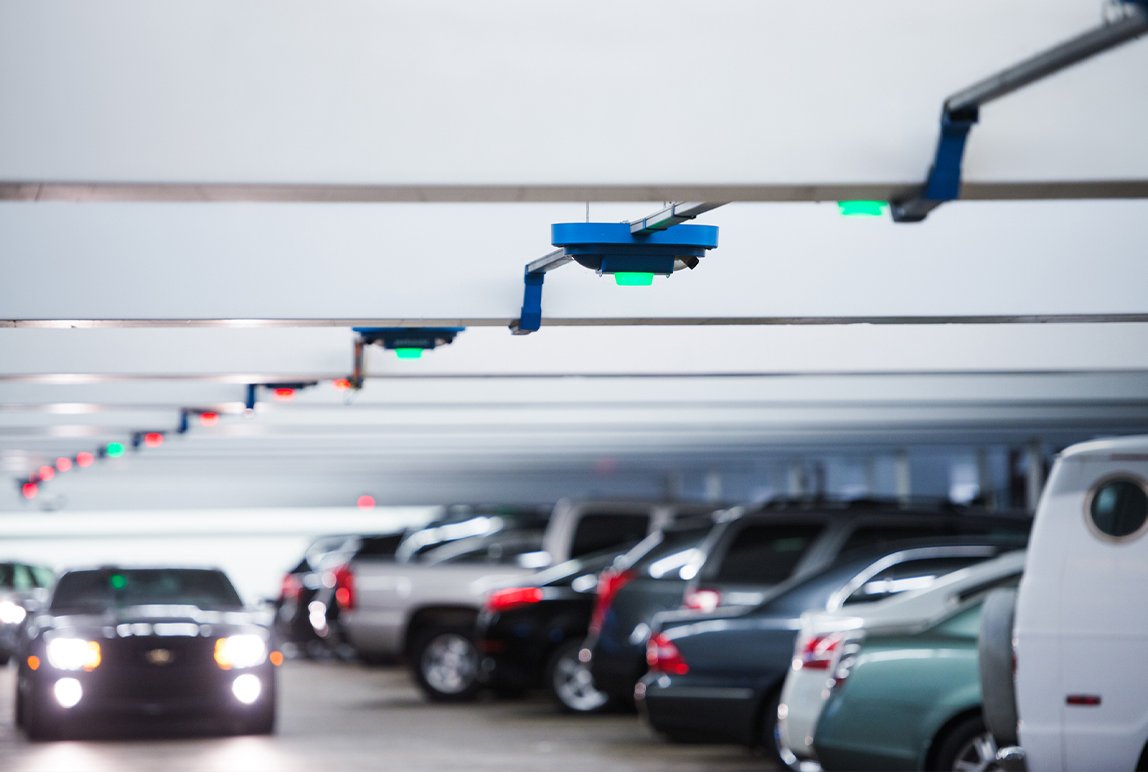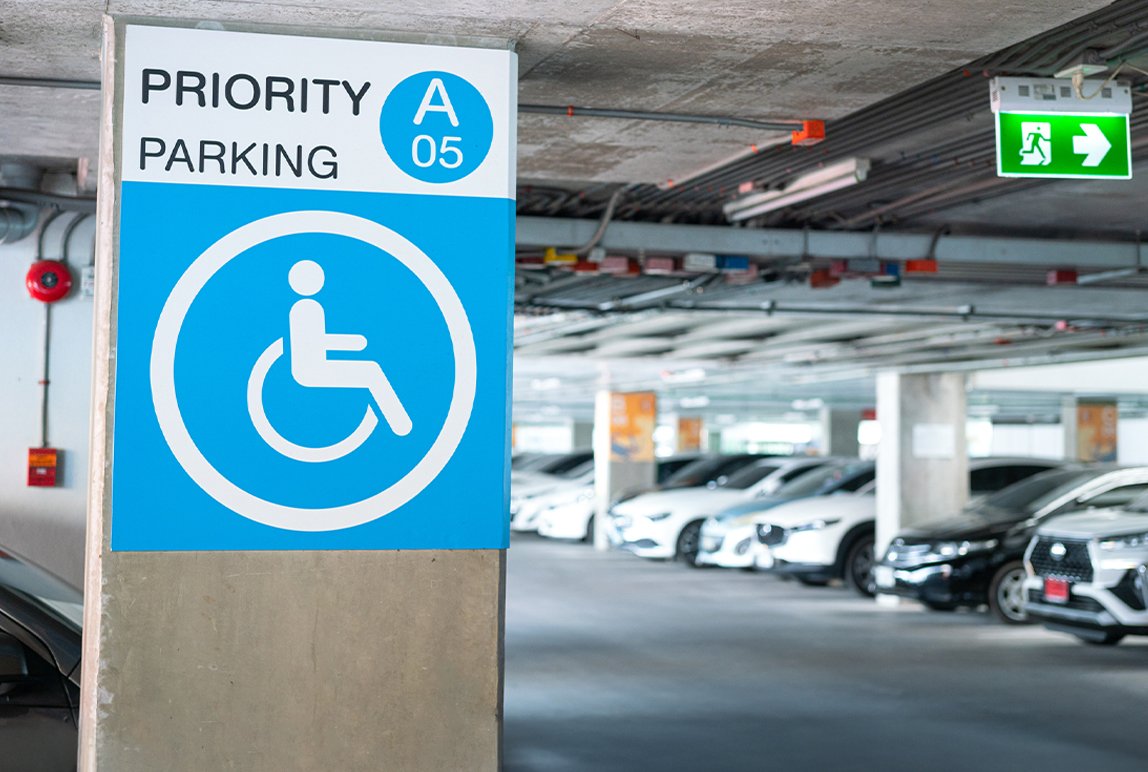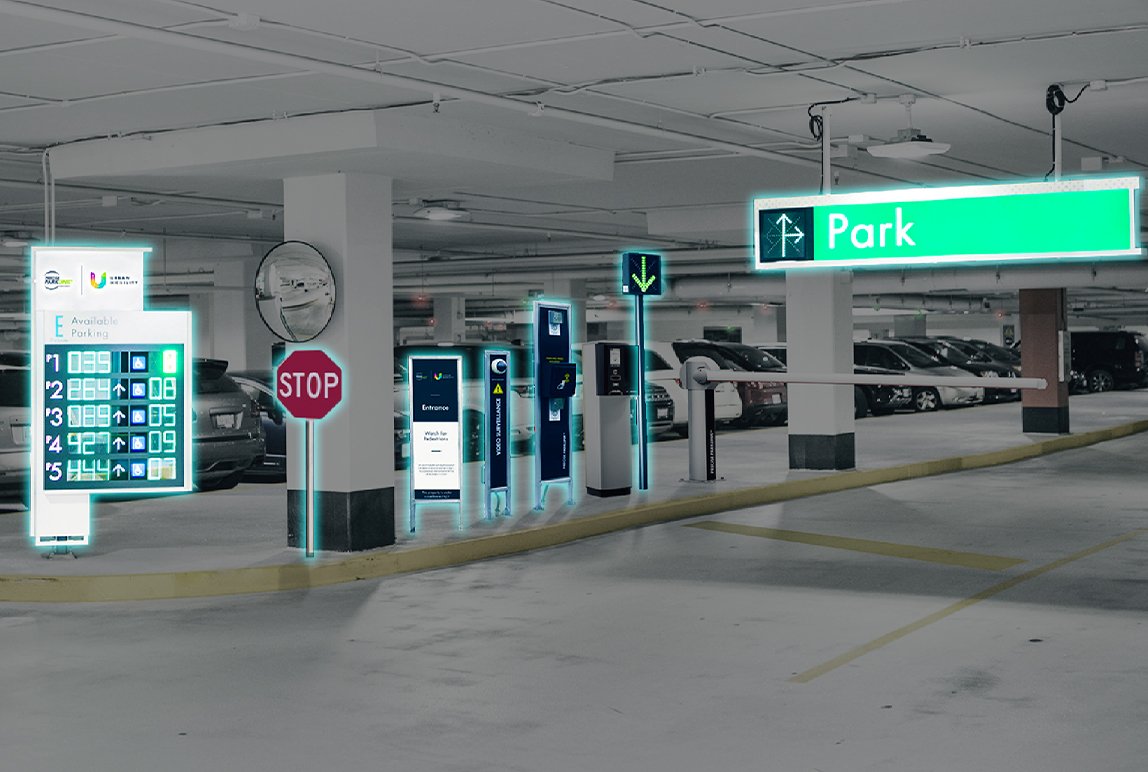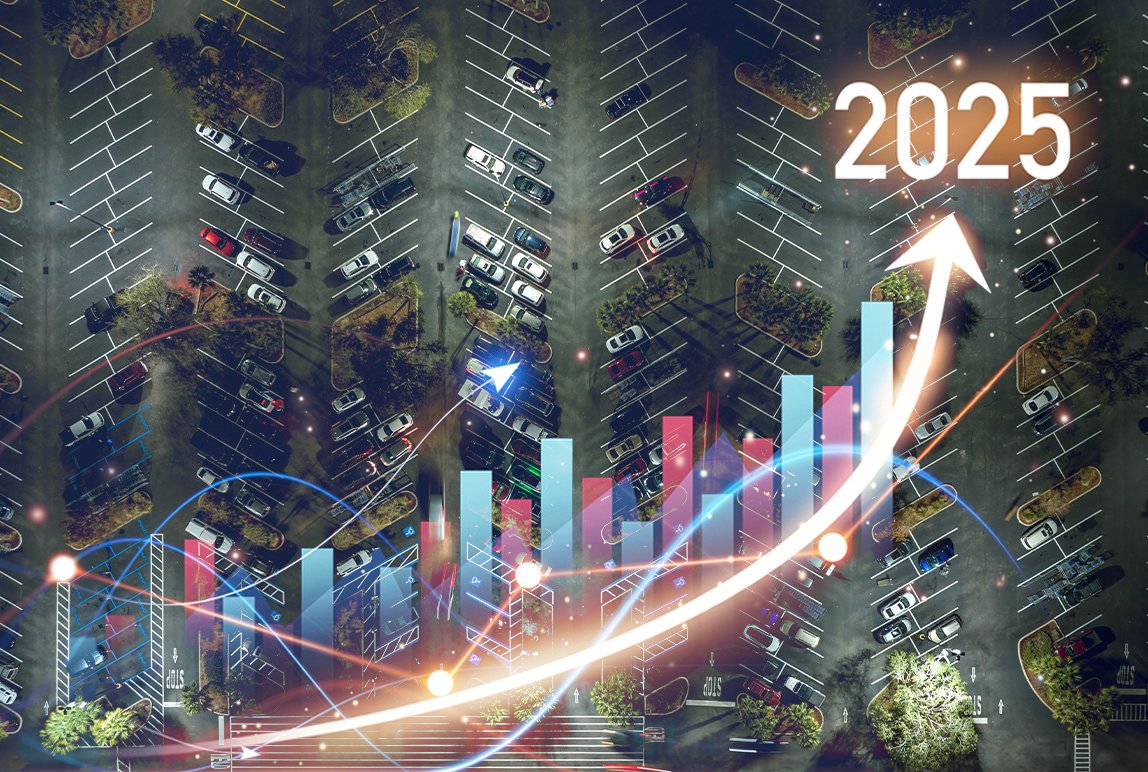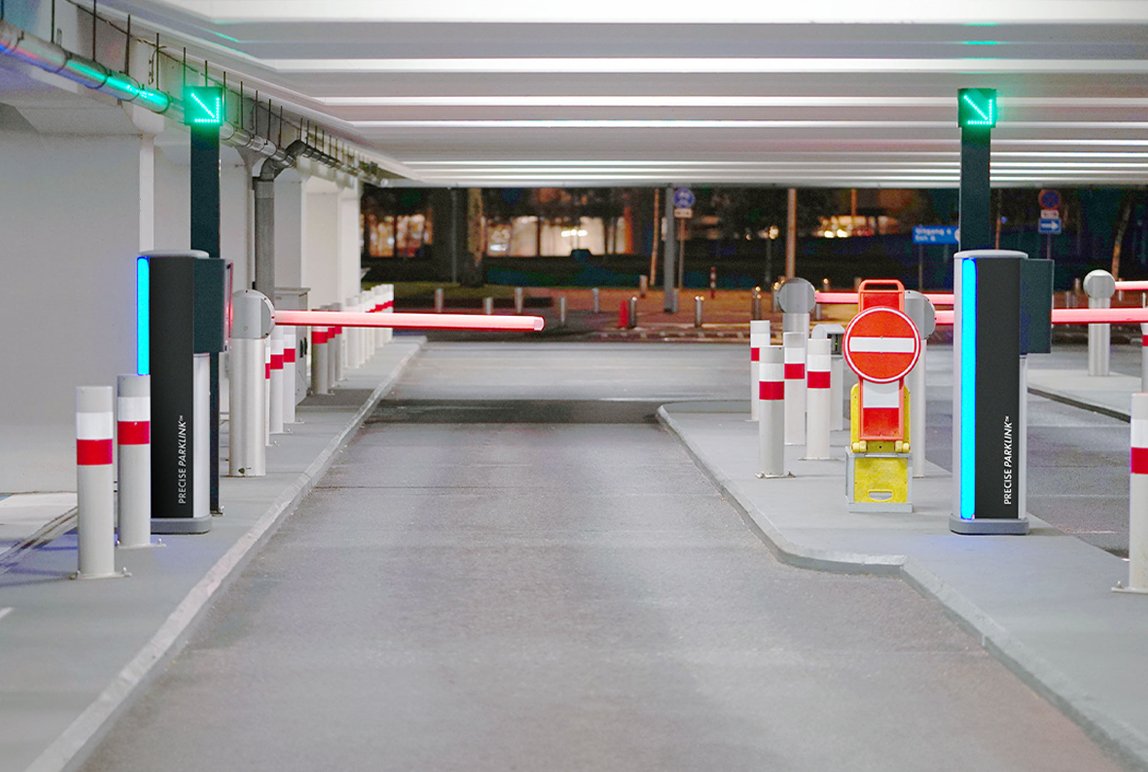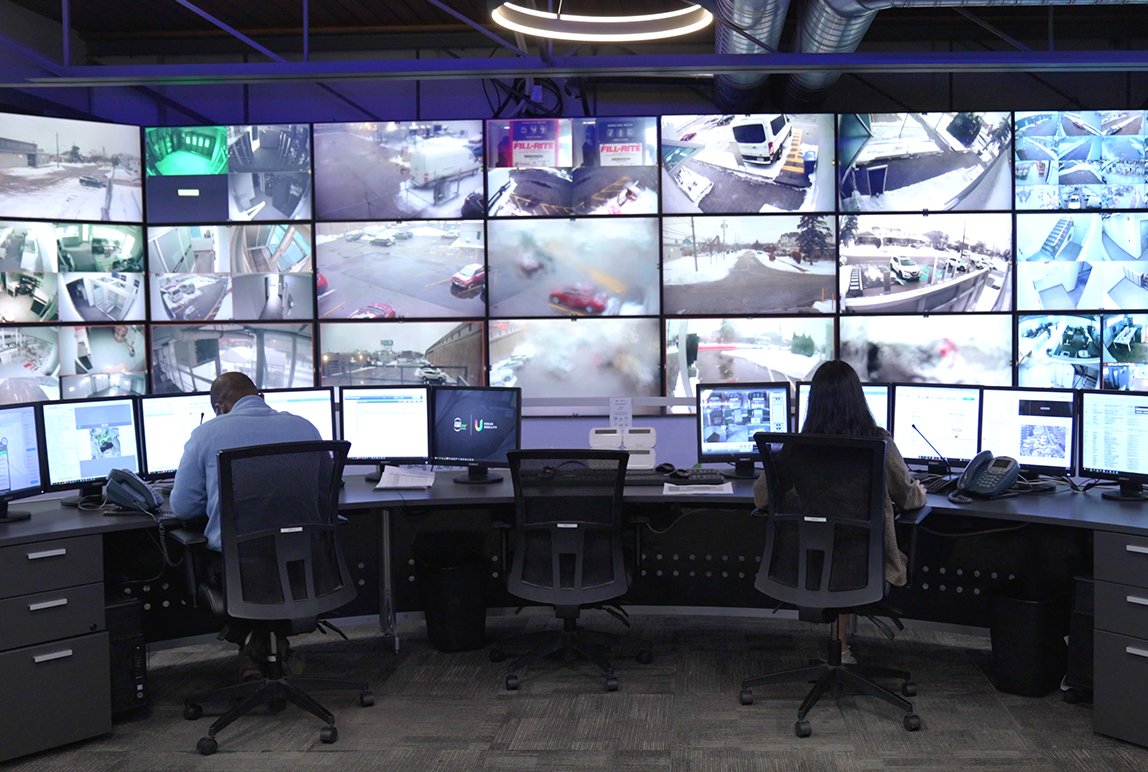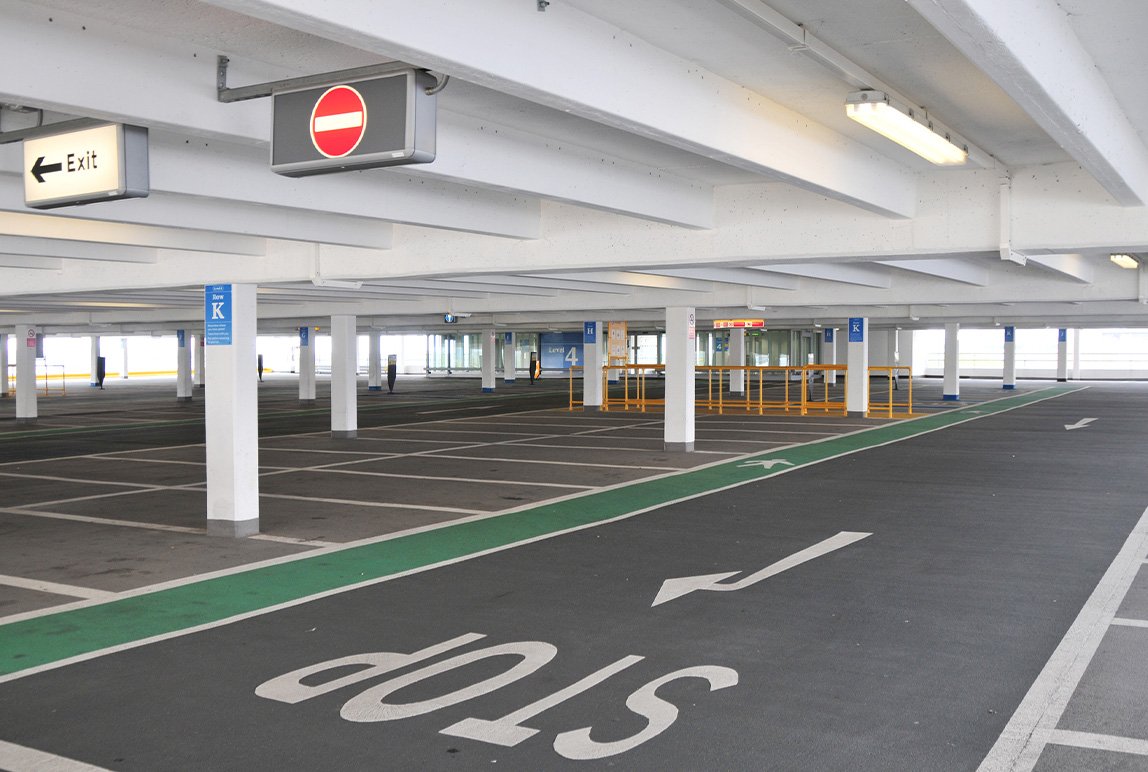What is Parking Enforcement?
Posted: April 16, 2025 10:35 AM ET • 3 min read
Parking enforcement ensures facilities remain safe, accessible, and fair for all drivers. Its primary purpose is to protect space availability, support proper payment, and manage parking turnover—especially in high-demand areas.
As parking demand continues to rise, implementing effective enforcement strategies—supported by modern technology—has become essential to maximizing efficiency, revenue, and customer satisfaction.
1. What is Parking Enforcement?
Parking enforcement refers to the regulation of parking facilities to ensure drivers follow rules related to payment, time limits, and designated spots. It includes issuing warnings or tickets in line with local bylaws and lot-specific policies. Enforcement ensures that accessible spaces are reserved for those who need them and supports turnover in high-demand areas. It also plays a role in preventing congestion and misuse of parking resources.
Parking enforcement is essential in various environments—including city streets, public lots, and private facilities—and should be scaled based on traffic volume and proximity to popular destinations.
2. Technologies that Support Parking Enforcement
Modern parking enforcement is increasingly supported by automated tools that improve efficiency and compliance, including:
Online Payment Systems
These systems allow drivers to pay via mobile apps, websites, or QR codes by entering their license plate information. Payments are instantly recorded in a cloud-based system, which enforcement officers can access to verify compliance. These systems reduce reliance on physical tickets and minimize disputes.Smart Parking Meters
Installed at individual spaces or centralized locations, smart meters accept multiple forms of payment, including coins, cards, or mobile apps. They record real-time transaction data and may integrate with enforcement software to flag non-compliant vehicles. Many meters also notify users when time is running out, allowing them to extend their session to reduce violations.Gated Systems
Gated systems are commonly used in garages or controlled lots. Drivers trigger the gate upon entry via ticket, RFID, or license plate scan and pay at a pay station or exit terminal. Gated systems ensure that vehicles cannot exit without paying, improving revenue assurance. They also provide valuable data on dwell times and traffic patterns.Remote Monitoring
Surveillance cameras and motion sensors enable live monitoring of facilities from a central location or mobile device. Video feeds are stored in the cloud and can be reviewed for disputes or incidents. Motion-triggered alerts improve security, while integration with enforcement tools supports real-time responses to violations or unsafe behaviour.Cloud-Based Enforcement & LPR (License Plate Recognition)
LPR cameras automatically read and process license plate numbers as vehicles enter, exit, or move within a facility. These cameras may be mounted at gates, entrances, or on enforcement vehicles. Plate data is sent to a cloud server, which cross-references the database of paid and registered vehicles, instantly identifying violations and supporting automated enforcement.Business Intelligence Platforms
These platforms consolidate data from enforcement, payment, occupancy sensors, and more. They provide visual dashboards, historical reporting, and AI-driven insights to help operators track key performance indicators (KPIs), identify problem areas, optimize patrol routes, and plan resource allocation. Integration with enforcement systems ensures real-time data backed decision-making.
Parking enforcement is crucial in ensuring parking facilities are regulated, and customers have fair access to parking. Combining technology in your parking enforcement operations is a great way to automate and mitigate lost revenue.
References
Force Security, G. (2024, September 11). The importance of parking enforcement for businesses and events. G Force Security. https://www.gforcesecurity.ca/importance-of-parking-enforcement-for-businesses-and-events/
Lereno, E. (2023, December 19). The power of parking business intelligence and analytics. Parking Industry. https://www.parkingindustry.ca/parking-technology/the-power-of-parking-business-intelligence-and-analytics
Lieb, D. (n.d.). Enforcement is good customer service. The Canadian Parking Association. https://canadianparking.ca/enforcement-is-good-customer-service/
Share Article:
Featured Articles
ABOUT THE AUTHOR
Melissa Tucci
Client Relations Manager
In her present role, Melissa leverages her client service skills and account management experience to act as her healthcare clients’ day-to-day point of contact. This entails playing a key role in ensuring that all client accounts are reconciled and paid in a timely manner as well as supporting client engagements in the areas of staff training and development, project management, implementation, and scheduling.
Questions?
Fill out the form below and we will do our best to connect you with a suitable contact.



